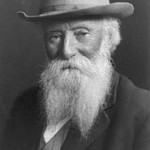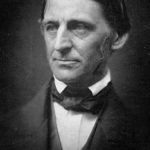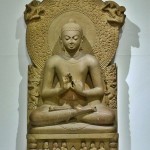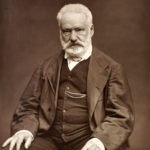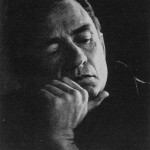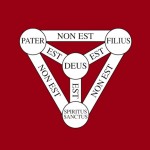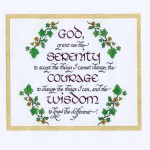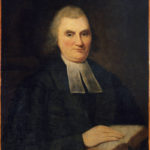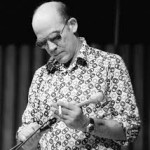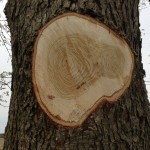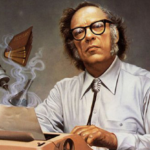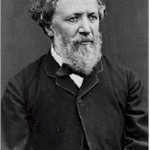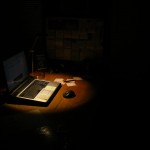Some churches are built on humble foundations. Others, majestic in soaring organ hymns. None are stronger than those built on the rock, the “glory-saying”, of the hymn known as The Doxology. It speaks to God. It speaks from God. It speaks from many – in one voice and echoes in your heart and through the years.
Praise God, from whom all blessing flow;
In our little church, a converted cider mill, the organ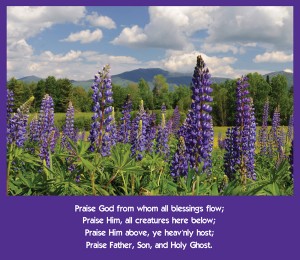 preamble lifted you to your feet. Each of us, as one, gave praise as the ushers returned our tithes and gifts down the aisle to the altar.
preamble lifted you to your feet. Each of us, as one, gave praise as the ushers returned our tithes and gifts down the aisle to the altar.
There are a number of versions of the Doxology. One, known as the Gloria Patri is used by Roman Catholic, Orthodox and Anglican as well as many Protestant churches. Another, known simply as The Doxology or The Common Doxology is the long standing familiar hymn the begins with the line, “Praise God from whom all blessings flow.”
There is a Eucharistic doxology – a version called The Lord’s Prayer doxology and, there are derivations of each of these.
Praise Him, all creatures here below;
The Common Doxology was written in 1674 by Thomas Ken and is actually the last verse of two hymns intended for Evening and Morning worship at Winchester College. This familiar shortened tune is sung to the music of the hymn “Old 100th” (reference: Wikipedia) Old 100th refers to the lyric connection to Psalm 100.
Praise Him above, ye heavenly host;
The Doxology may be the most often sung piece of music in the world. The words were composed by Thomas Ken in 1674. The music is from the “Old Hundredth” Hymn in the Geneva Psalter, attributed to Louis Bourgeois, and composed in 1551.
The traditional organ prelude and lead is oh, so familiar to millions of mainline protestant churchgoers. Where a visitor stopping by a Methodist, Presbyterian, Lutheran, Anglican or Baptist church might find variations in The Apostle’s Creed, The Lord’s Prayer, Communion Liturgy and even The Holy Greeting — it is the Doxology, in one four line verse, accompanied by an organ they would find identical.
This clip from the Metropolitan Baptist Church demonstrates something so beautiful and contemporary of the Christian Spirit. The Doxology is familiar, the spiritual joy is infectious, but the signing – in American Sign Language – is novel, yes — but to see the entire congregation signing is deeply touching. The Christian Witness is powerful, embracing & loving.
Praise Father, Son and Holy Ghost.
This last clip is actually something called The New Doxology. It belongs to a music genre named Praise Music. The true and living Christian spirit is evolutionary and unchanging at the same time. This is a beautiful tone. But more importantly, it is reverent.
It is important we honor tradition. It is equally important we grow in our individual faith. And, it is vitally important, we, the church — “where two or three are gathered in my name, there shall I be” — can rise together, as one — give voice, with one voice, the hope — the thanksgiving — the supplication, as a fellowship, a community, a church — disciples wedded to our Lord.
~.~






